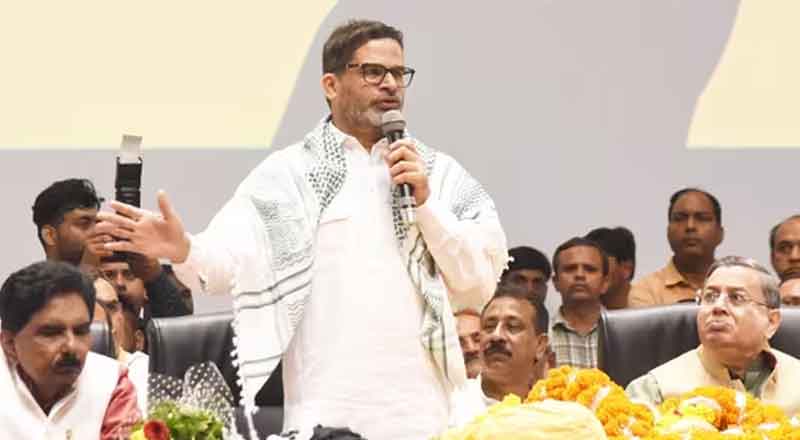CSR has indeed gained unprecedented importance and has become imperative to any company’s strategic decision making. From responsive activities to sustainable initiatives, corporate entities have clearly exhibited their ability to make a significant difference to the society and improve the overall quality of life. However, the benefits of CSR to business vary depending upon the nature of the enterprise, and are typically difficult to quantify. Hence, it can be said that CSR is not charity but a societal business.
It is with this context that SPO India along with NASSCOM Foundation organized a session titled “CSR & Sustainability Summit” that had the active participation from corporates, social foundations, NGOs and different government bodies. The Summit reinforced the fact that CSR has, indeed, come a long way in India and that Information Technology is a primary catalyst that is driving this unprecedented growth.
Mr. Kiran Karnik, Former President, NASSCOM, was a Special Guest joining the session along with Mr. Shrikant Sinha, CEO, NASSCOM Foundation who wooed the audience with his remarkable presentation on what NASSCOM Foundation has been doing to promote a sustainable society in the country.
Other dignitaries who graced the occasion were Mr. Chharudutta Panigrahi, President, FIDR; Ms. Meenu Bhambhani, VP & Head – CSR, Mphasis; Mr. Mahantesh G K, Founder, Samarthanam Trust; Mr. Anup K. Srivastava, CEO, Skills Council for Persons with Disabilities; Mr. Santosh Abraham, AVP, NASSCOM Foundation; Ms. Manju Dhasmana, CSR Head, Microsoft; Mr. Anurag Pratap, CSR Head, Capgemini; Mr. Deepak Maheshwari, Director, Government Affairs, India and ASEAN, Symantec; Ms. Meenakshi Batra, CEO, Charities Aid Foundation and Mr. Ravi S. Pani, Vice-President, SPO India.
Deepak Kumar Sahu, Publisher and President, SPO India, in his welcome speech talked about how the total CSR spend has increased by 27% in 2015, and India has now the highest CSR reporting rate worldwide. “It is a good thing that the disclosure of CSR activities has been made compulsory. A report says that the performance of Indian origin companies is far ahead compared to foreign-based companies operating in India. According to the Indian Institute of Corporate Affairs, a minimum of 6,000 Indian companies will be required to undertake CSR projects in order to comply with the provisions of the Companies Act, 2013, with many of the companies undertaking these initiatives for the first time.”
The first discussion was modelled around “Employability-driven Skills for Persons with Disabilities” that was moderated by Mr. Chharudutta Panigrahi, President, FIDR, and the panel was joined in by Ms. Meenu Bhambhani, VP & Head – CSR, Mphasis; Mr. Mahantesh G K, Founder, Samarthanam Trust and Mr. Anup K. Srivastava, CEO, Skills Council for Persons with Disabilities.
The second discussion “CSR Models – Managing for Impact” was chaired by Mr. Santosh Abraham, AVP, NASSCOM Foundation, and the speakers who were called in to take the discussion forward were Ms. Manju Dhasmana, CSR Head, Microsoft; Mr. Anurag Pratap, CSR Head, Capgemini; Mr. Deepak Maheshwari, Director, Government Affairs, India and ASEAN, Symantec; and Ms. Meenakshi Batra, CEO, Charities Aid Foundation.




